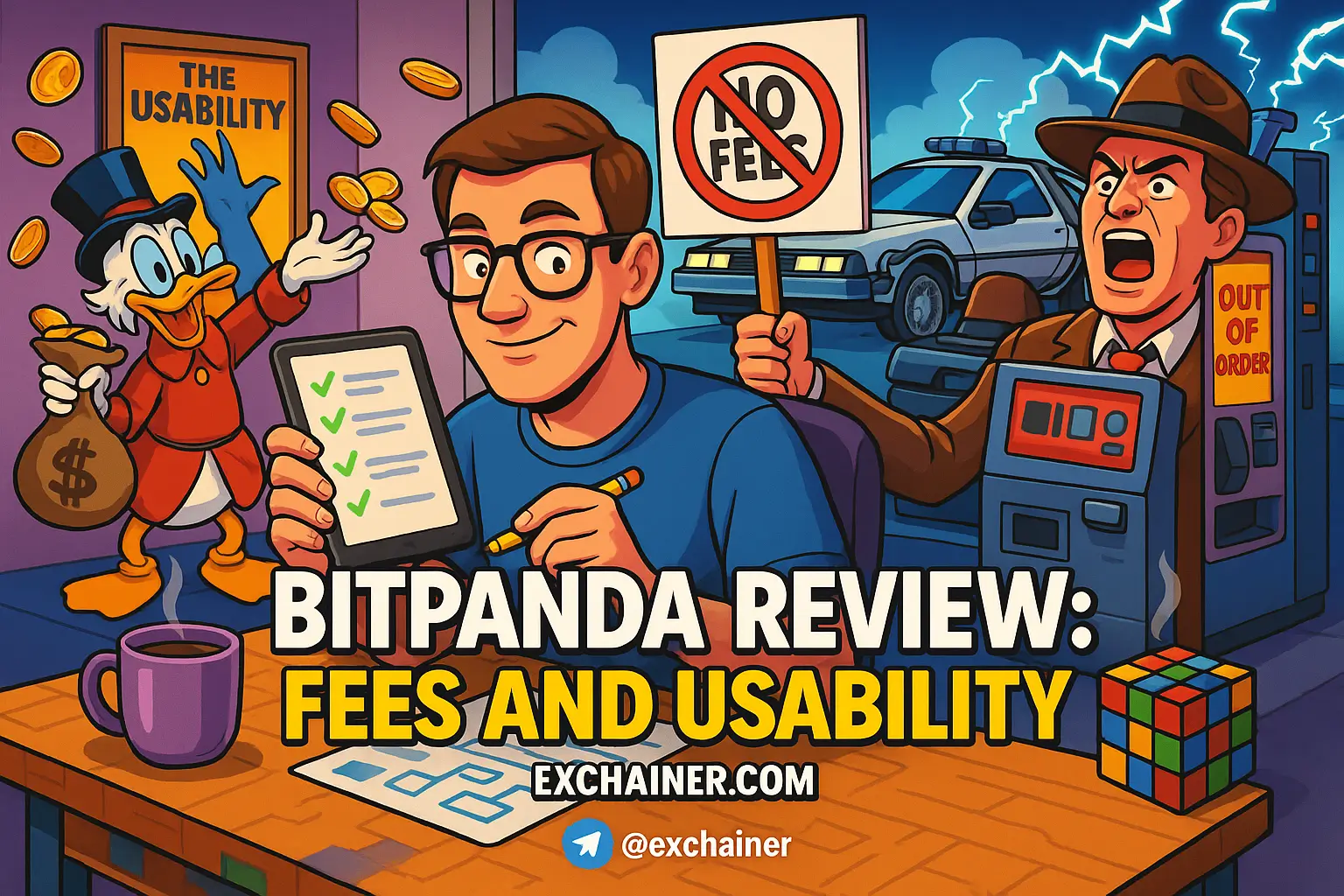In the rapidly evolving world of cryptocurrency trading, understanding how to choose a crypto exchange is crucial for both beginners and seasoned investors. As a new investor, you may feel overwhelmed by the numerous platforms available—each boasting unique features, security measures, and fee structures. It’s essential to make an informed choice to avoid pitfalls and stay secure in your digital asset journey. This comprehensive guide will unravel the complexities surrounding crypto exchanges, helping you make educated decisions about where to buy, sell, or trade your cryptocurrencies.
In this article, we’ll break down the different types of exchanges, key factors to consider when making your choice, and examine popular crypto exchanges. We’ll also include handy tips for maintaining the security of your digital assets. By the end, you’ll not only understand the importance of selecting the right exchange, but you’ll also be equipped with practical knowledge to embark on your crypto trading journey confidently.
Understanding Crypto Exchanges
Definition
A crypto exchange is a platform where you can buy, sell, or trade cryptocurrencies for other digital currencies or traditional fiat currencies, such as US dollars or Euros. These platforms act as intermediaries between buyers and sellers, providing essential services that facilitate smooth trading. Many exchanges also offer storage solutions for your digital assets, which adds an extra layer of convenience.
Types of Exchanges
When exploring how to choose a crypto exchange, it’s essential to understand the different types that cater to various needs:
- Centralized Exchanges (CEX): These exchanges are controlled by a central entity and typically require personal identification for account verification (known as KYC/AML). Popular examples of centralized exchanges include Binance, Coinbase, and Kraken. They generally offer higher liquidity and a smoother trading experience.
- Decentralized Exchanges (DEX): DEXs operate on blockchain networks and do not require intermediaries. They allow users to trade directly with one another, offering greater anonymity but may have higher transaction costs and less liquidity. DEXs can be great for privacy-focused users.
- Hybrid Exchanges: These exchanges combine features from both centralized and decentralized exchanges, offering users a range of options, such as control over their funds along with improved liquidity.
Key Factors to Consider
When selecting a crypto exchange, consider the following essential factors:
1. Security Measures
Security should always be a top priority. Look for exchanges that implement robust measures such as:
- Endpoint Detection and Response (EDR) to monitor and mitigate threats on employee devices.
- Segregated wallets for cold storage to protect assets from online threats.
- Hardware Security Modules (HSMs) to secure API keys and sensitive data.
- Multi-Party Computation (MPC) wallets for enhanced key management to ensure that no single point of failure exists.
Conduct thorough research about the exchange you are considering to verify their security protocols. This can significantly impact your overall trading experience and asset safety.
2. Fees and Pricing
Exchanges charge various fees for transactions, trading, and sometimes even deposits. Some platforms, like Coinbase, may offer lower fees with premium subscriptions, but generally charge higher fees compared to others like Binance. It’s essential to understand the fee structure before committing to an exchange:
- Trading Fees: The percentage of the transaction value taken as fees.
- Deposit/Withdrawal Fees: Charges applicable when depositing or withdrawing funds.
- Conversion Fees: Fees incurred while converting between different cryptocurrencies.
Always evaluate total costs involved with trading on an exchange to avoid surprises down the line!
3. Cryptocurrency Options
If you are interested in trading specific coins or tokens, ensure the exchange supports the cryptocurrencies you want to buy or sell. Some exchanges, like Coinbase, offer an extensive selection of digital currencies, while others might have a more limited range.
4. User Experience and Interface
An intuitive and user-friendly interface can make a significant difference, especially for beginners. A well-designed platform enhances the trading experience and reduces the chance of making costly mistakes. Coinbase is often praised for its user-friendly interface and educational resources.
5. Customer Support
Good customer support is essential for resolving issues quickly. Investigate potential exchanges for their reputation regarding customer service. However, it’s worth noting that some exchanges, like Coinbase, have generated criticism for their customer support response times. Look for platforms that provide multiple channels of communication, such as chat support, email, or telephone.
6. Regulatory Compliance
Ensure the exchange complies with local regulations. For U.S. traders, options like Coinbase and Kraken are well-established with a track record of compliance. Regulatory adherence is essential for the legitimacy of your activities and protecting your investments.
Popular Crypto Exchanges
Now that we’ve covered the factors to consider, let’s explore some popular exchanges:
1. Coinbase
- Pros: User-friendly interface, extensive cryptocurrency options, strong security measures.
- Cons: Generally higher fees, customer service has faced criticism.
Do you need an easy start? Coinbase is an excellent choice for beginners, providing educational resources to help users familiarize themselves with cryptocurrency basics.
2. Binance
- Pros: Low fees, a wide range of cryptocurrencies available for trading.
- Cons: Interface may be complex for newcomers, regulatory challenges in some regions.
As one of the largest exchanges globally, Binance offers various advanced trading features, making it suitable for experienced traders.
3. Kraken
- Pros: Strong security track record, robust trading features.
- Cons: Interface can be less intuitive compared to Coinbase.
Kraken has gained a reputation for its range of available cryptocurrencies and robust security, making it a popular choice among security-conscious traders.
Best Practices for Using Crypto Exchanges
Once you’ve selected an exchange, it’s essential to follow best practices to safeguard your assets and trading experience:
- Enable Two-Factor Authentication (2FA): Always enable 2FA on your accounts for added security. This way, even if someone accesses your password, they won’t be able to log in without the second authentication factor.
- Use Strong Passwords: Create unique passwords for every account and consider using a password manager to keep track securely.
- Regularly Update Software: Ensure your devices and applications are updated regularly. Outdated software can be more susceptible to hacking.
- Monitor Accounts Frequently: Keep an eye on your accounts to detect and address any suspicious activity promptly.
Conclusion
Choosing the right crypto exchange requires careful consideration of several key factors, including security, fees, user experience, and available cryptocurrencies. By understanding the different types of exchanges and their unique features, you can make an informed decision that aligns with your trading needs. Whether you’re a seasoned investor or just starting out, selecting a well-reputed crypto exchange is the first step towards secure and prosperous trading.
Now that you have a better understanding of how to choose a crypto exchange, don’t stop here! Explore more guides and tools to enhance your cryptocurrency knowledge and trading experience on Exchainer.com. Dive into our categories on cryptocurrency fundamentals in Crypto 101, find reliable Exchange Reviews, stay updated with News, and explore essential Tools and Wallets. Start your crypto journey today!












